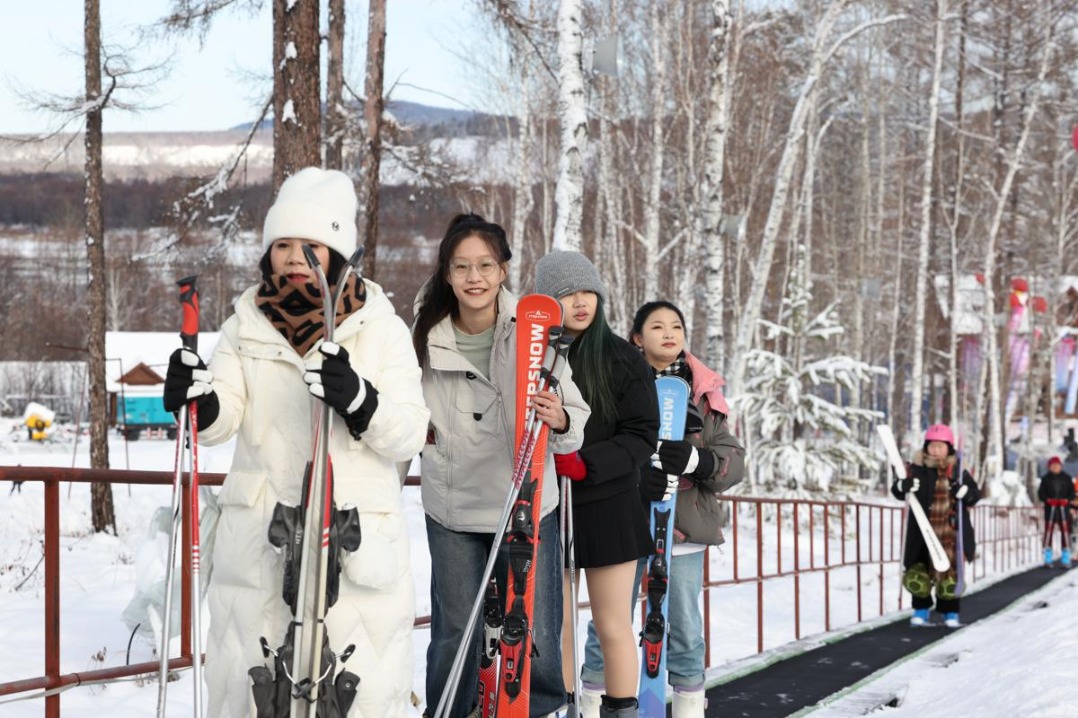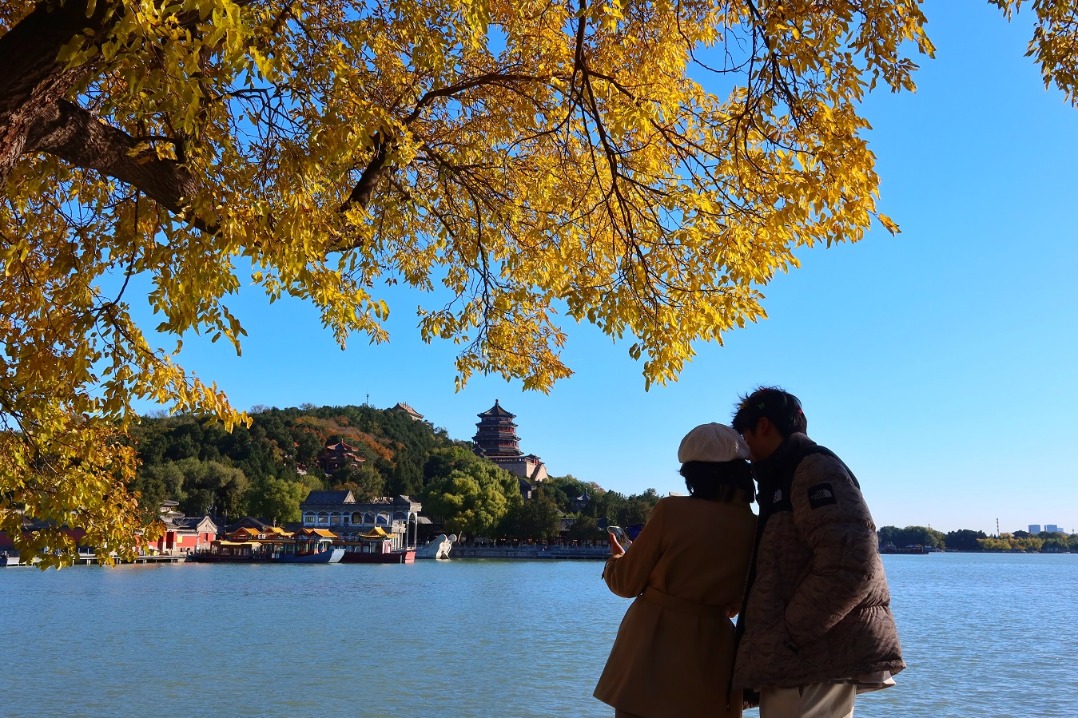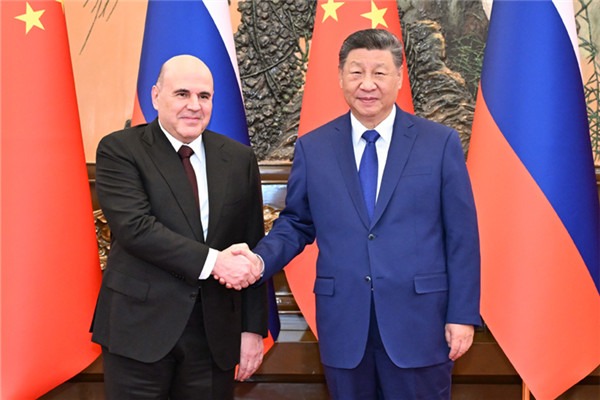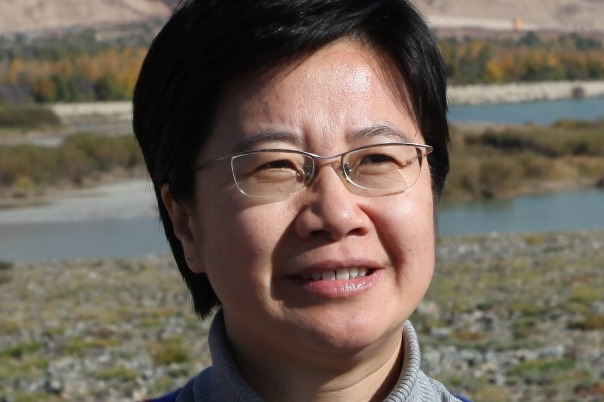Chinese scholar elected VP of UNESCO women's group

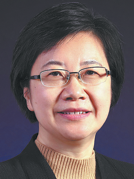
A Chinese scientist has been named vice-president of UNESCO's Organization for Women in Science for the Developing World for the Asia-Pacific region, further consolidating China's role in advancing global equality and its commitment to building the capacity of developing countries.
Established in 1989, the women's organization aims to strengthen the role of women scientists from the Global South in science and technology. Wang Yanfen, who is also executive vice-president of the University of Chinese Academy of Sciences, was appointed to the UNESCO position at its 7th General Assembly in Bogota, Colombia, on Tuesday.
In her election address, Wang presented an "ambitious and actionable" vision for her role as vice-president and emphasized that science knows no borders.
"I will make active efforts to help forge stronger regional linkages and collaborations between the Asia-Pacific region and the other OWSD regional networks; I will actively work to promote OWSD's vision that women are not only brought to science but supported to grow and thrive; I will also dedicate myself to promoting women scientists' role in addressing the grand common challenges of humanity, ensuring that women scientists' voices are well and better heard on the global scientific arena," Wang said.
Engaged in soil ecology for 30 years, Wang focuses on the mechanisms of soil carbon stability under global changes. She has established a series of in situ manipulated experiment platforms in northern Chinese grasslands to study ecosystem responses and adaptations to global changes and human activities. Her research highlights the benefits of moderate human intervention in dryland ecosystems, helping reconcile conflicts between utilization and conservation.
Throughout her professional career, Wang has published five monographs and more than 350 papers in major scientific journals, including Nature Sustainability, Nature Reviews Earth & Environment, Nature Communications, National Science Review, Global Change Biology and Journal of Ecology. Her findings provide a solid foundation for policymaking related to sustainable ecosystem management.
Wang also plays an active role in international communication and cooperation, serving as a vice-president of the International Scientific Center of Fertilizers; as a committee member of the Partnership for Skills in Applied Sciences, Engineering and Technology; and as an independent board member of the International Centre for Integrated Mountain Development. She also co-initiated the Global Dryland Ecosystem Programme and chaired the Sino-German research and training program Tree Diversity Interaction.
Wang is the third Chinese scientist to hold leading positions at the organization, following Hu Qiheng, a member of the Chinese Academy of Engineering and a researcher at the Chinese Academy of Sciences' Institute of Automation, and Fang Xin, a member of the Third World Academy of Sciences and a professor at the University of Chinese Academy of Sciences.
limenghan@chinadaily.com.cn
- Chinese scholar elected VP of UNESCO women's group
- Mainland ranks 35th among IELTS takers
- Syndicate members sentenced for killings and telecom fraud
- Higher-level opening-up to offer new possibilities
- Astronauts savor grilled chicken and beef in space
- LDC CEO: I see potential and opportunities in China



















